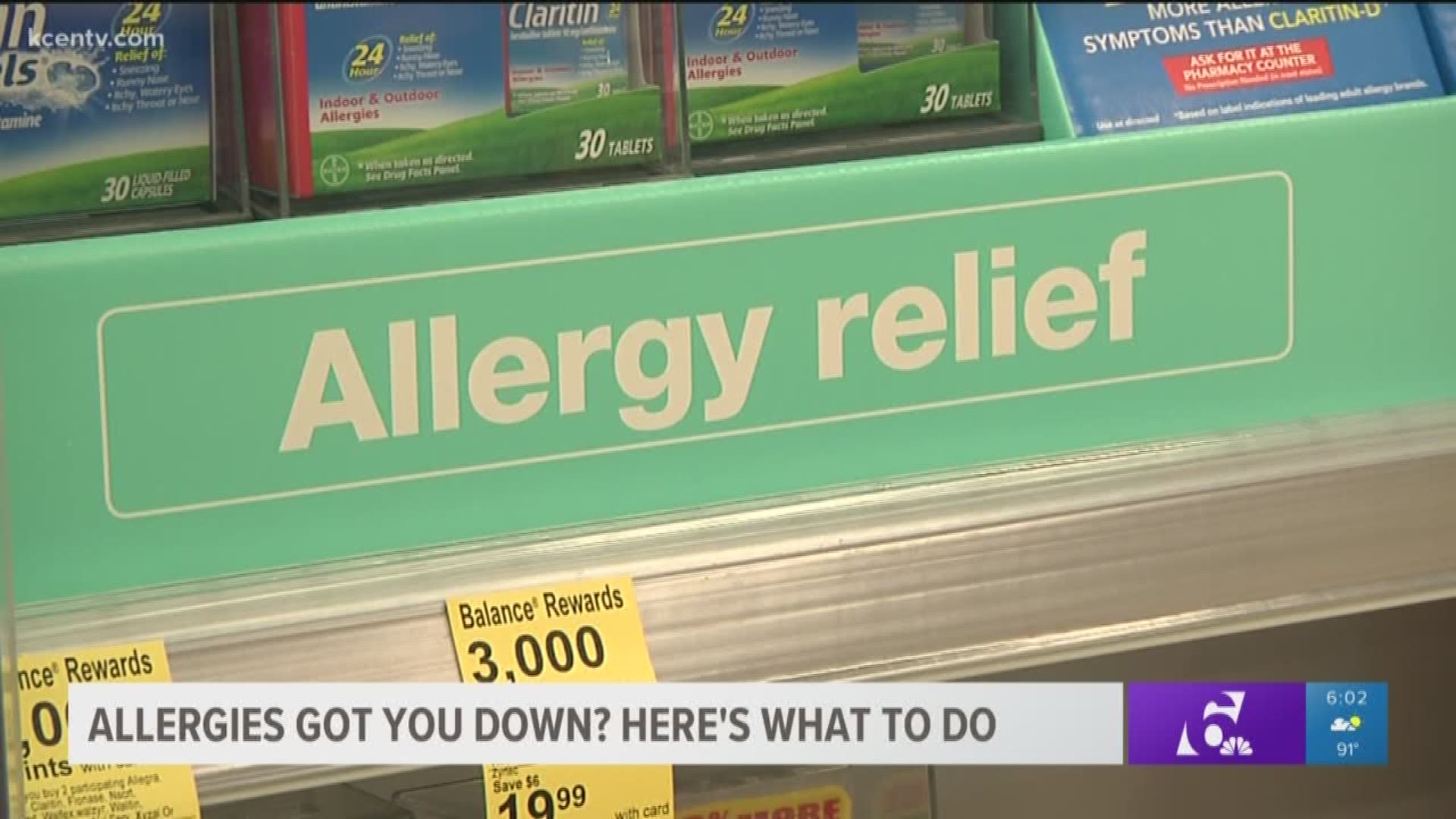Central Texas — Allergies are on the rise and people are definitely feeling it. But how does a person know if they are fighting particularly bad allergies or if they have an actual viral infection?
Channel 6 checked in to Express ER and sat down with Emergency Physician Joshua Parker to find out.
Why are allergies so bad right now?
"We are seeing people come in with seasonal allergies related to the grass and weeds that are growing like wildfire nowadays," Parker said.
Parker also told Channel 6 mold was becoming more prominent as the fall season approaches. Allergies can also produce the fatigue, sore throat, and trouble sleeping normally associated with a cold or a flu.
How can you tell the difference between allergies and a viral infection?
Parker said allergies tend to present symptoms more slowly and will last much longer, or as long as the allergen is in the air. Viral infections will last between two and 10 days. Viral infections are more likely to produce a fever, body aches, and severe fatigue.
What should a person do when they get allergies?
Parker suggested taking an antihistamine such as Allegra, Claritin, or Zyrtec. He suggested taking Sudafed for a decongestant and Flonase or Nasacort for a nasal steroid so people could breath better. If a person continues to see allergy symptoms, Parker suggests going to the doctor for testing and a possible steroid shot or prescription steroid medication.
When should a person go to the doctor?
If a person becomes so fatigued or feverish that getting out of bed becomes difficult, Parker said a person should get into an emergency room as soon as possible. He said viral infections can lead to pneumonia, bronchitis, strep throat or other serious conditions. Parker said steroid shots can also be used in severe viral infection cases where symptoms have lasted over a week, just as in allergy cases, though they are a risk for people with a history of diabetes.
Parker said non-severe viral infections typically have to run their course, though patients can take Tylenol or get stronger medication prescribed to help suppress symptoms.

